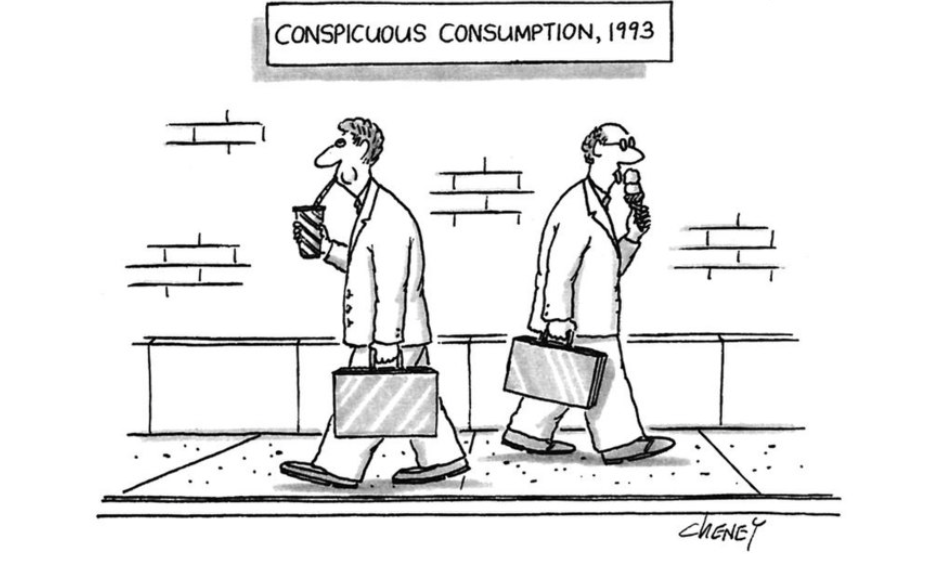Flattery. Admiration. Appreciation. These are all examples of how people feel when they are complimented. According to Merriam Webster, a compliment is “an expression of esteem, respect, affection, or admiration.” However, why is it that some compliments appear to be insults in disguise?

This question floated in my head, as I was at work and I overheard someone say, “Wow, Dareen is so nice, for a Muslim!” At first, I was flattered to be considered as a nice person. But then I saw the shocked face of one of my coworkers, which led to my realization that this “compliment” was rather an insult towards Muslims, which implied that all other Muslims are the opposite of nice, and that I was an exception.
As this encounter replayed in my head, I realized that there are some compliments that are really insults in disguise. Is it really respectful to tell someone “You’re so strong, for a girl,” or “You’re so sweet, for a guy”? These so-called “compliments” are inherently stereotyping people based on certain factors that they simply cannot control. By accepting these back-handed comments, we are allowing people to have a false perception of whole groups of people. This may all seem to be an “over-exaggeration,”

but that’s due to the fact that our society has become accustomed to putting people down based on their identities. With the popularity of social media, people are able to hide behind a username and anonymously make fun of others. And modern stereotypes have added to the problem, as it’s not considered “masculine” to be a sweetheart or “feminine” to be strong.
However, we have the power to enact change and expose these “compliments” for what they really are: insults. They are set up in a way to start off kindly, with “You are so (blank),” but then they take a turn once they start to say “for a (blank).” What is the objective if we are pointing out that a person’s certain quality is what sets them apart from their identity? Let’s get rid of that second part, as there is no need to imply that someone’s quality is “unique” based on their gender, religion or ethnicity. Compliments should be said to praise others, to simply appreciate them and all the factors that make up who they truly are.



































